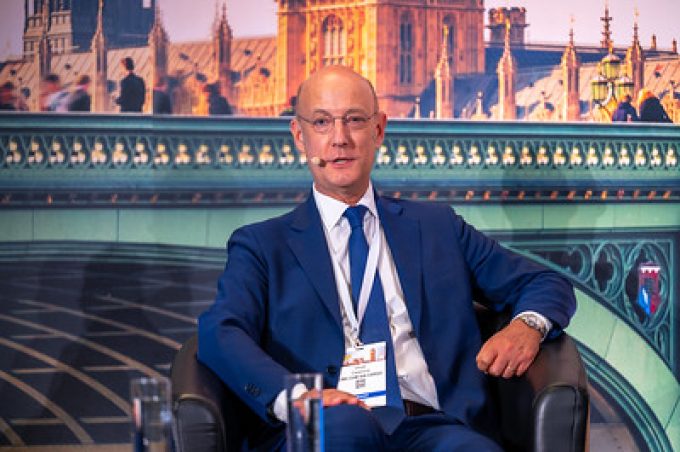Bottleneck fears as cargo growth outpaces airport infrastructure investment
Forwarders and airlines fear new bottlenecks at airports as cargo growth outpaces infrastructure investment. Brandon Fried, ...

CMA CGM Air Cargo has moved to quell the fears of forwarders by insisting they “are essential” to its business.
CMA CGM also owns Ceva Logistics, leading to concerns that the carrier is ‘Ceva’s airline’ and last year there were fears the shipping line may follow ...
Four crew members still missing as Wan Hai 503 continues to burn
Explosions and 'out-of-control' fire reported on Wan Hai box ship
Predatory rivals circle as the ripples from DSV's Schenker buy widen
MSC Elsa crew face criminal probe, as Wan Hai 503 firefighters battle on
'It's driving us mad', say forwarders as US court fails to end tariff turmoil
Transpacific rates ease as capacity boost proves too much for trades to digest
European port congestion easing – for now
CMA CGM 'testing the water' of the Suez Canal for more services
Flexport: Sanne Manders talks profitability, fire-sales and Dave Clark
DSV insiders hit back at Kuehne & DHL GF – got a 'pro integration' going
More legal trouble in India for MSC: feeder vessel detained after box ship disasters
DHL makes €500m bid to increase its presence in 'fast-growing Gulf markets'

Comment on this article